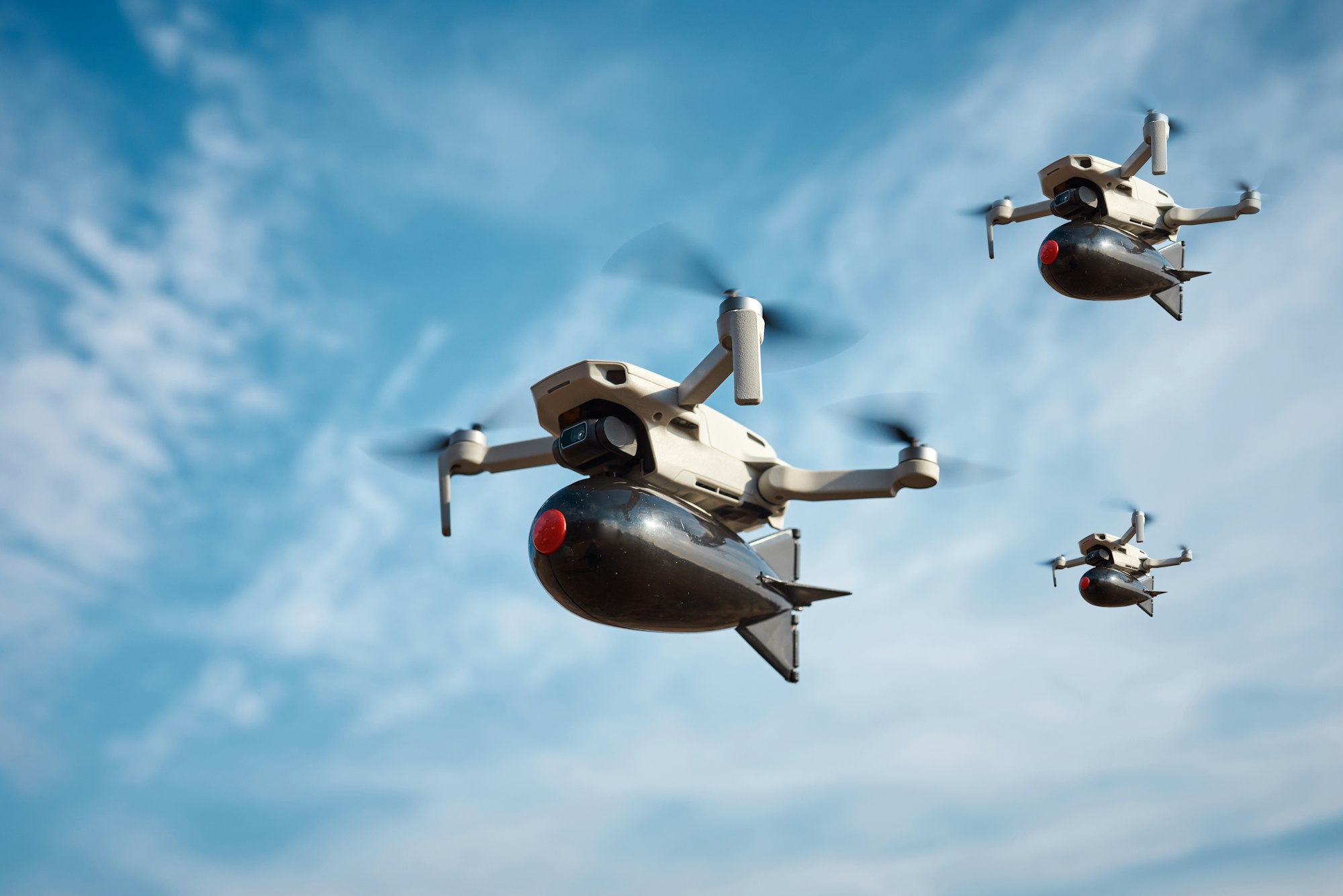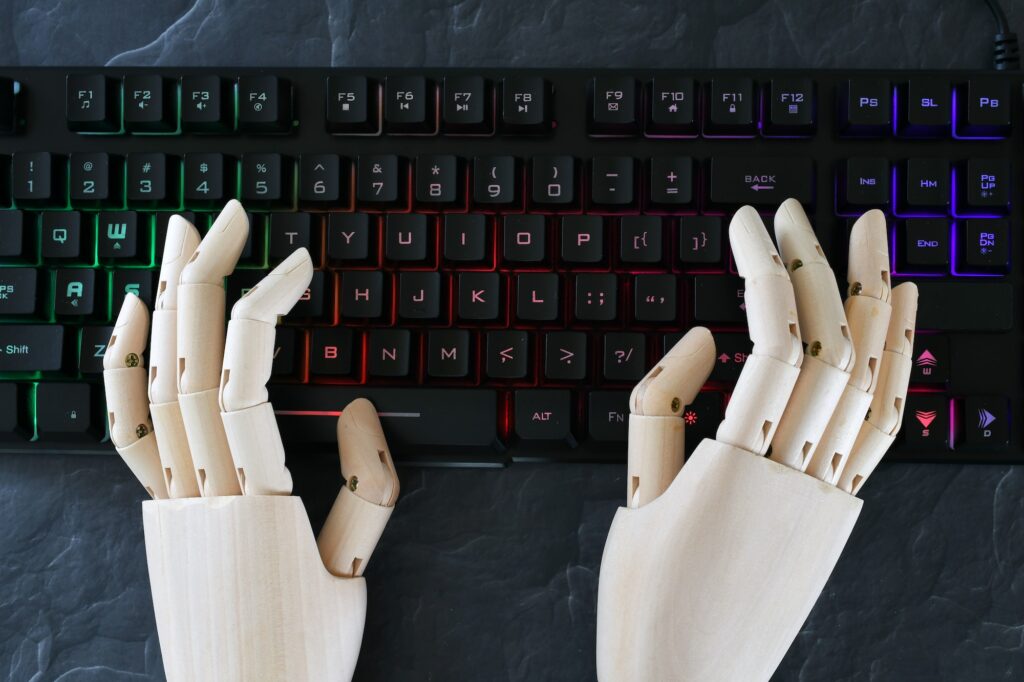Introduction
North Korea’s leader, Kim Jong Un, has been directly involved in a major demonstration of the country’s evolving drone technology. This significant event reflects North Korea’s serious commitment to bolstering its military strength during a period of increasing regional tensions. Conducted on August 25, 2024, the focus on drones—essentially pilotless aircraft that can perform surveillance and combat roles—signals a pivotal shift in Pyongyang’s military strategy.

What Happened in the Drone Test
The recent tests featured advanced drones capable of extended flights and equipped to carry various payloads, including cameras and weapons. Kim Jong Un’s personal supervision of these tests underscores their strategic importance to North Korea. While specific performance details like the drones’ range and payload capacity remain classified, North Korean state media hailed the tests as a resounding success.
Why This Matters
This development marks a strategic evolution for North Korea, moving beyond traditional missile technology to embrace more versatile, unmanned systems. These drones add a new layer to North Korea’s military capabilities, enabling stealthier operations for intelligence gathering and targeted strikes, thus complicating the already delicate security dynamics in the region.
How Other Countries Feel
The test has stirred concerns among international observers, especially in South Korea, Japan, and the United States. The potential for these drones to reach far beyond the Korean Peninsula enhances the threat level, adding tension to a region already rattled by frequent military exercises and missile launches.
North Korea’s Military Plans
North Korea has historically leaned on its missile and nuclear arsenal as deterrents against external threats. The integration of sophisticated drones signifies a broadening of its military approach, incorporating unmanned systems that can execute risky operations without endangering human lives. This strategy is designed to diversify Pyongyang’s military tools, offering a counterweight to the more powerful conventional forces of its rivals.
What This Means for the World
The advancements in North Korean drone technology are a concern not just for neighboring countries but for global security as well. The potential proliferation of such technologies to rogue states or non-state actors poses a significant risk, highlighting the challenges in regulating drone usage in contemporary warfare.
Conclusion
Kim Jong Un’s latest display of drone power is a major stride in North Korea’s military modernization. It not only reaffirms his commitment to advancing military technologies but also raises critical security questions on a regional and global scale. As the world grapples with these developments, the strategic balance in East Asia remains a focal point of international scrutiny.

FAQ
1. What are the implications of North Korea’s new drone capabilities?
North Korea’s advancements in drone technology signify a shift in its military strategy, enabling it to conduct surveillance and potential strikes without putting personnel at risk. This development raises concerns for regional security, as these drones could reach targets beyond the Korean Peninsula, increasing tensions with neighboring countries and the international community.
2. Why is Kim Jong Un overseeing these drone tests personally?
Kim Jong Un’s direct involvement in the drone tests underscores the significance of this technology to North Korea’s military ambitions. By personally supervising these events, he signals their importance to the regime and emphasizes a commitment to modernizing and enhancing the country’s military capabilities.
3. How might the international community respond to these developments?
Countries like South Korea, Japan, and the United States are likely to view North Korea’s drone advancements with alarm. This could lead to increased diplomatic efforts to address regional security concerns, potential sanctions, or military preparedness measures. The situation may also prompt discussions on international regulations regarding drone usage and military technology proliferation.
Sources Reuters


